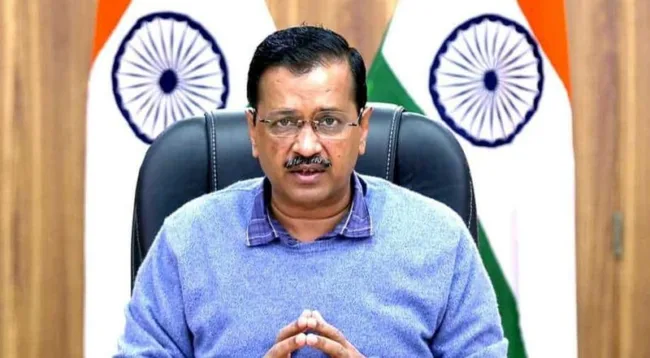Arrest of Arvind Kejriwal by Enforcement Directorate sparks legal and public outcry
The arrest of Delhi Chief Minister Arvind Kejriwal by the Enforcement Directorate (ED) on charges related to money laundering has led to significant legal and public turmoil. The matter is set to be reviewed by two courts on Friday, March 22nd. Kejriwal will be presented before a Prevention of Money Laundering Act (PMLA) court as the ED seeks further custody for interrogation. Simultaneously, the Supreme Court is expected to consider the appeal made by Kejriwal’s legal team, following a denial of protection against coercive action by the Delhi High Court in the excise policy case.
The ED’s action against the Aam Aadmi Party (AAP) leader encompasses two main cases: the Delhi liquor excise policy case and allegations of kickbacks in a Delhi Jal Board contract awarded to a private firm. Despite nine summons issued by the ED, all have been previously ignored by Kejriwal, with the latest being for March 21st.
In response to Kejriwal’s arrest, AAP workers and legislators have announced plans for major protests across Delhi, condemning the move as a form of ‘dictatorship.’ AAP’s Delhi unit chief, Gopal Rai, made a poignant statement: “Narendra Modi has started the fight, and we will finish it… everyone should be prepared to protest tomorrow.” Additionally, smaller local protests are being organized, with a significant focus on the AAP party office on Friday.

Delhi Chief Minister Arvind Kejriwal’s arrest by the ED over money laundering charges to be heard in two courts. Photo courtesy of Yadhu Krishna BP/Wikimedia Commons.
Gopal Rai also highlighted that AAP workers would begin gathering at ITO from 10 am, indicating a nationwide protest against the ruling Bhartiya Janata Party (BJP).
To manage the expected protests, Delhi authorities have significantly increased security measures. This includes deploying Delhi police and paramilitary forces like the Rapid Action Force (RAF) around Kejriwal’s residence and other strategic locations. The heightened security response was evident on Thursday evening when the ED arrived at Kejriwal’s Civil Lines residence, leading to a large gathering of senior AAP leaders and supporters.
The arrest of Arvind Kejriwal represents a pivotal moment in Indian politics, highlighting the tension between central enforcement agencies and regional political figures. The public’s reaction, coupled with the judiciary’s pending decisions, underscores the delicate balance between law enforcement and political freedoms in India. The outcome of these events could have significant implications for the democratic processes and the political landscape in the country.
Discover more from Business-News-Today.com
Subscribe to get the latest posts sent to your email.

